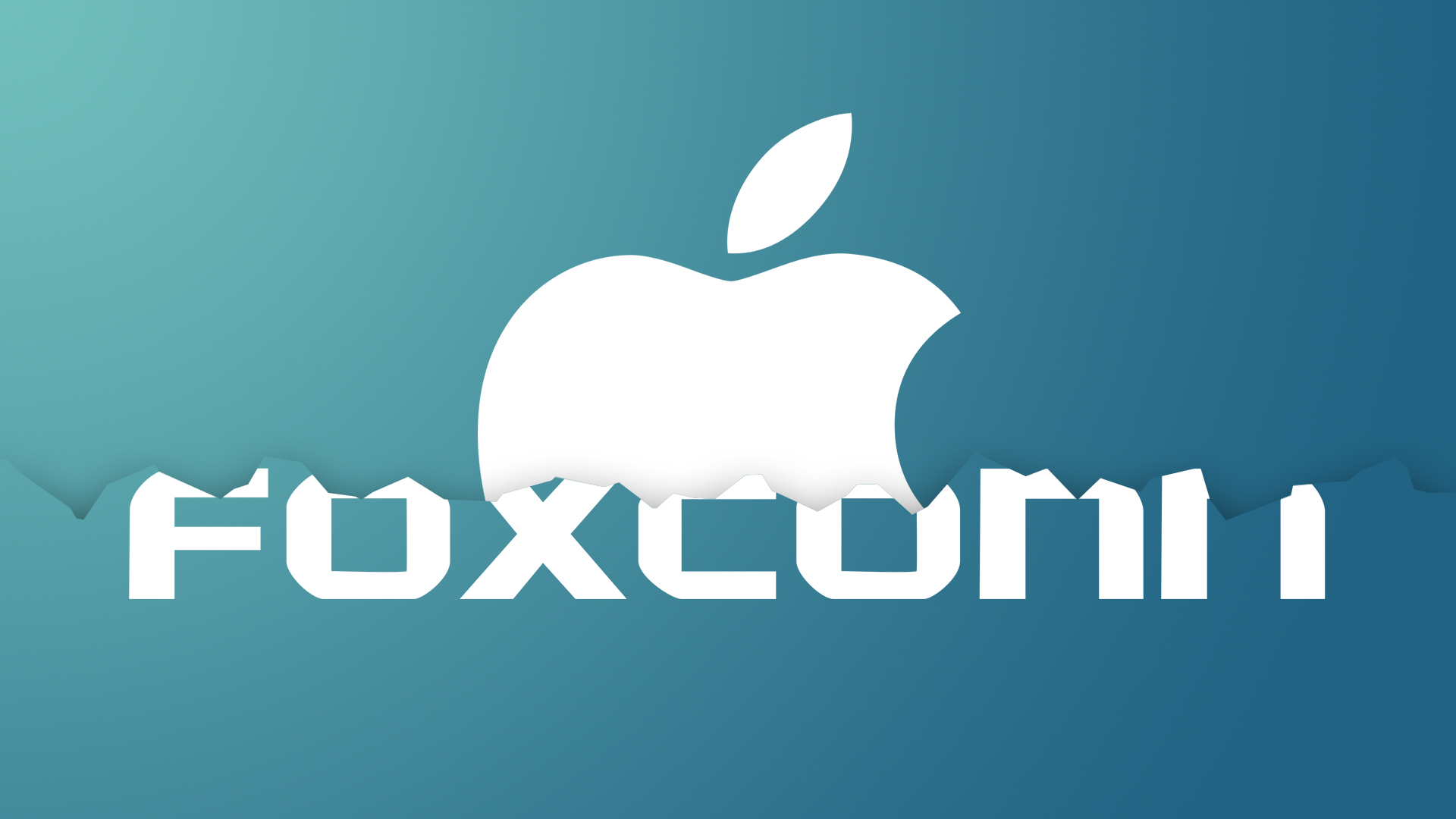iPhone Maker Foxconn Restarts Production in Shenzhen As Lockdown Partially Lifts
Tim Hardwick
MacRumors
Apple's primary iPhone assembler Foxconn says it has resumed production at its Chinese manufacturing plant in Shenzhen, following a partial lifting of the city-wide lockdown that came into effect on Monday.
The Taiwanese company told Reuters it had restarted some production and operations at its Shenzhen campus after meeting government conditions for staff to live and work in bubble arrangements and adopting a "closed-loop management" system.
The system was used successfully during the Winter Olympics in Beijing and kept event personnel tightly sealed off from the public, with regular testing for those within.
"Some operations have been able to restart and some production is being carried out," Foxconn said in a statement, adding that the system at its Shenzhen facilities subjected employees living there to the required health measures.
"This process, which can only be done on campuses that include both employee housing and production facilities, adheres to strict industry guidelines and close-loop management policies issued by the Shenzhen government," it added.
It's not known which Apple products Foxconn produces at its two Shenzhen plants, but Foxconn is the largest maker of the iPhone. Manufacturers in Guangdong province, home to Shenzhen, said factory shutdowns have caused lags in deliveries, while logistical difficulties were making it harder to ship goods to overseas customers.
Foxconn on Wednesday conceded that 2022 would be "challenging" for the supply chain and forecast an up to 3% fall in revenue for the year – its first annual sales decline in six years – as a shortage of chips squeezes smartphone production and the pandemic shows no sign of easing in China.
Apple said the chip shortage cost it $6 billion in the last quarter of 2021, but predictions remained bullish for this year despite these strains on the global supply chain. That's despite Foxconn's warnings that the chip shortage is expected to run into the second half of 2022.
Continue Reading